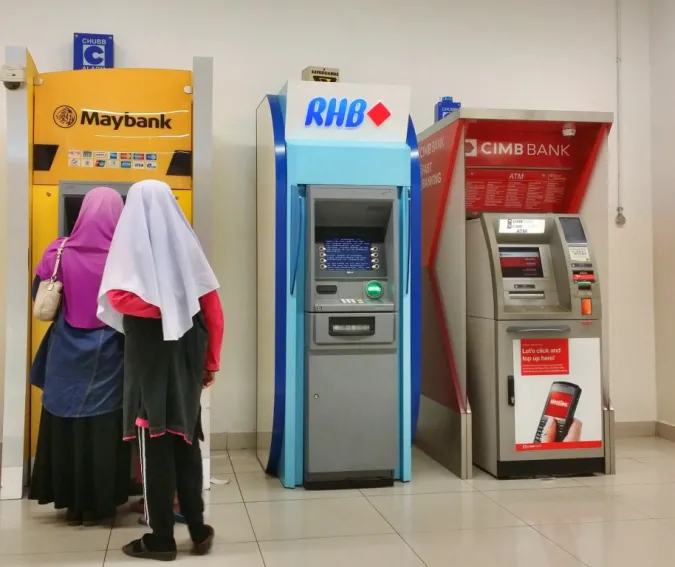
ASEAN banks brace for weak loan demand and asset quality pressure in 2017
But they are generally well-placed to cope with the difficult credit environment.
Most of ASEAN's banking sectors are likely to face weak loan demand and further pressure on asset quality in 2017. Fitch Ratings has maintained its negative banking sector outlook for Indonesia, Malaysia and Thailand, and has moved Singapore's to negative from stable to reflect continued asset-quality risks from oil & gas exposures and broader pressures from a slowing economy. Only the Philippines and Vietnam - where economic prospects are brighter - have stable sector outlooks.
Here's more from Fitch:
Weak global trade, low commodity prices and the slowdown in China's economy have all contributed to a weakening of GDP growth over the last few years across many members of the Association of Southeast Asian Nations. We expect only a slight pick-up in 2017, while the continued build-up in Chinese corporate debt and the possibility of a rise in US protectionism, renewed dollar strength and higher US interest rates have added to downside economic risks.
Loan demand is likely to remain soft in these subdued economic conditions, limiting opportunities for earnings growth. We also expect NPL ratios to rise in most ASEAN banking sectors. Asset-quality issues are likely to continue to broaden in Thailand and Indonesia, with loans to the SME sector, in particular, vulnerable to the muted economic environment.
Meanwhile, banks in Singapore and Malaysia are more exposed to stress in the oil & gas sector. We expect operating conditions for the oil & gas sector to remain tough, despite a modest recovery in energy prices, which will place continued pressure on more vulnerable sub-segments such as oil service operators. Singapore banks were hit by debt restructuring and defaults in the oil & gas sector in 2015-2016, which pushed up the average NPL ratio of the three local banks to 1.4% at end-September 2016 from 1.1% at end-2015.
That said, ASEAN banks are generally well-placed to cope with the difficult credit environment. Underwriting standards have mostly been stable and we generally expect a manageable cyclical deterioration even in the more challenged banking markets.
Risks to banks in these markets are also mitigated by healthy loss-absorption buffers, sound funding and liquidity positions and - in the case of Singapore, Thailand and Malaysia - macroprudential regulations that have helped to stave off credit excesses over the past few years.
Our internal stress tests show that most ASEAN banks' capital buffers would be able to weather a significant deterioration in asset quality. In all of these countries, solid credit profiles support our mostly stable rating outlooks.
Banks in the Philippines and Vietnam face a much more supportive economic environment that should translate into robust loan demand and steady asset quality next year. However, Vietnam's banking sector has structural systemic weaknesses - thin capital buffers, a large NPL stock and low profitability - that can only be addressed over the long term. The ratings of Vietnamese banks are among the lowest in the region as a result of these issues.






![Lorem Ipsum [ABF 1]](https://cmg-qa.s3.ap-southeast-1.amazonaws.com/s3fs-public/styles/exclusive_featured_article/public/2025-03/a_hand_pointing_to_a_futuristic_technology_5b87c9d0e3_1.png.webp?itok=2w0y1WhS)


![Cross Domain [Manu + SBR + ABF + ABR + FMCG + HBR + ]](https://cmg-qa.s3.ap-southeast-1.amazonaws.com/s3fs-public/styles/exclusive_featured_article/public/2025-01/earth-3537401_1920_4.jpg.webp?itok=WaRpTJwE)








 Advertise
Advertise

